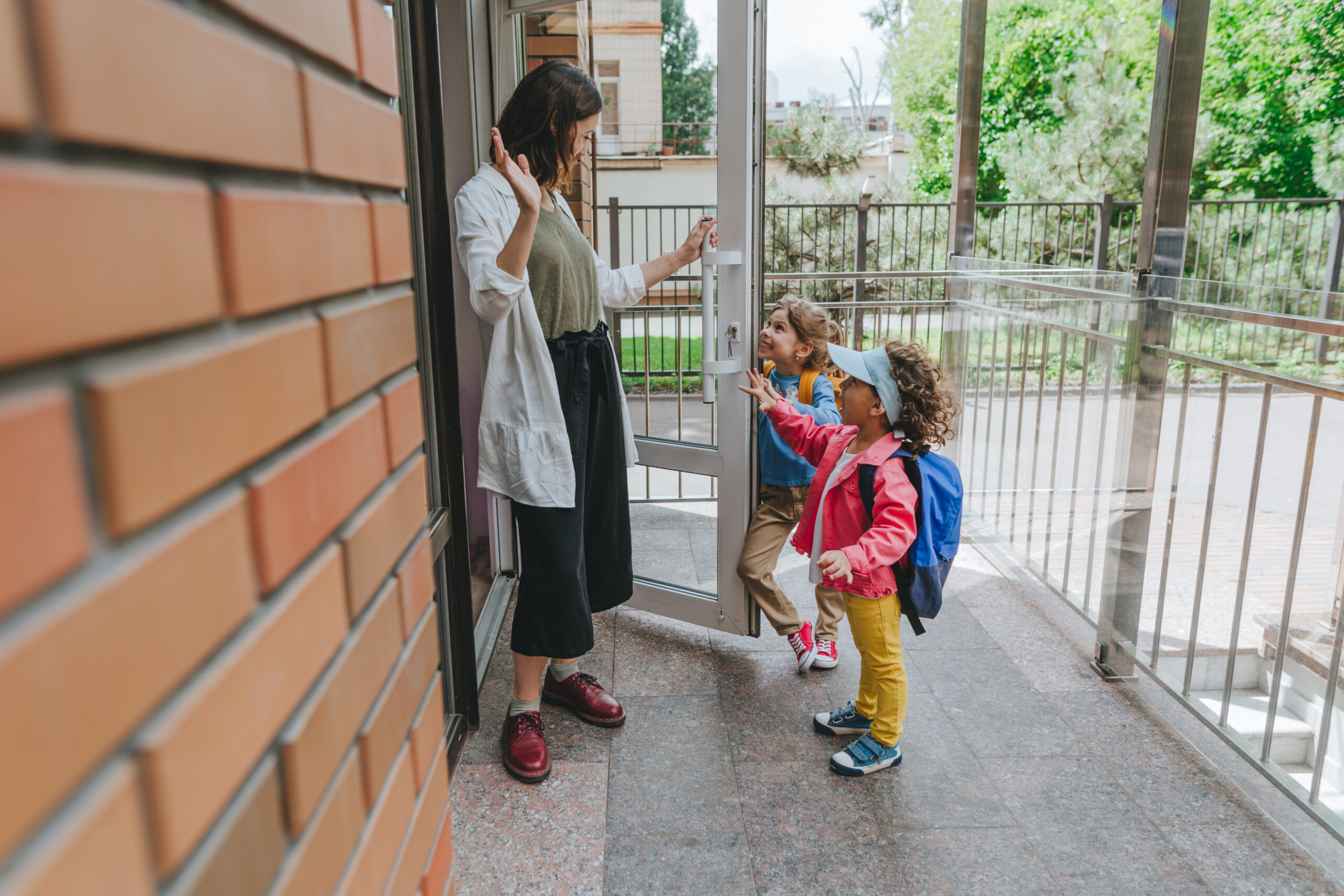March 6, 2023
By Rachel Wagner, MSW
We know you probably have a to-do list that is already packed with what feels like an endless amount of tasks, projects, and meetings. Adding even one more thing to that list could overwhelm you – and that is likely an understatement. We know that you are giving everything you have to support the children, caregivers, team members, and the families you serve. We also know that your to-do list is constantly growing.

We can imagine that social and emotional learning (SEL) has become a big focus in your work because children seem to be needing even more support to engage in healthy social dynamics and cope with emotions in constructive ways. Adding more SEL to your already expansive to-do list probably feels like one thing too many. We are here to thank you for what you are already doing and to offer a little hope in knowing that SEL does not have to be “one more thing.” SEL can be about making the most of everyday, ordinary moments with children. It doesn’t have to be about adding to your list, but rather, finding the social and emotional learning in what you’re already doing.
Here are four ways you’re already – or four simple ways you can start – promoting SEL.
Greeting Children Every Morning
We greet children in some form or fashion every time they enter a room. We can incorporate SEL into just about every greeting because greetings are an opportunity to increase connection and attachment!
Consider trying to say the child’s name three times while sharing something positive during the course of your greeting. It may sound something like, “Hi Damien. I am so happy to see you today Damien. Damien, I am looking forward to seeing you continue to build that tower in blocks.” Not only will using their names be connected to something positive, you will be extending your engagement with the child. This will help the child feel more grounded to the space and to you.
Reading Books to Children
We are already reading books. We can incorporate SEL into just about any story we are reading because the characters are having feelings, even if the author doesn’t mention them!
Consider stopping a couple times during a story you’re reading and simply asking, “What do you think this character is feeling?” or “Elephant just dropped his ice cream. I wonder if he is feeling sad. What do you think?” Not only are you increasing literacy by reading, you will be increasing emotional literacy.
Resolving Conflicts Between Children
Children will inevitably have conflicts and challenges with each other throughout the day. Whether it is wanting a turn or taking someone’s seat, we can incorporate SEL into every conflict we seek to resolve with children! Conflicts are opportunities to learn about our feelings and how to cope in healthy ways.
Consider using the FLIP IT strategy when a conflict arises. FLIP IT has four simple steps, embodied in the FLIP mnemonic which stands for F – Feelings, L – Limits, I – Inquiries, and P – Prompts. FLIP IT validates children’s feelings, provides them with loving limits, and invites them to problem-solve through inquiries and prompts.
Asking Children to Wait
We are constantly asking children to wait their turn, wait for an activity to start, wait in a line, wait for a meal, or wait for a family member to pick them up. We can incorporate SEL into most waiting moments by helping children learn to cope with delayed gratifying.
Consider validating the feelings associated with waiting and then offering ways to cope with inevitable delays. It may sound like, “Armani, I see you getting wiggly in line. I’m wondering if you are excited to get outside. Waiting is hard. What can we do? You can sing a song, do a dance, or tap your toes.” Acknowledging that waiting is hard and asking children to looks for ways to cope is a life skill they will need forever.
Rachel is an early childhood mental health specialist and national trainer with the Devereux Center for Resilient Children. She is the author of FLIP IT! Transforming Challenging Behavior, and co-author of Your Journey Together: Building the Resilience of Children and Families as well as the Devereux Resilient Leadership Survey (DERLS).


